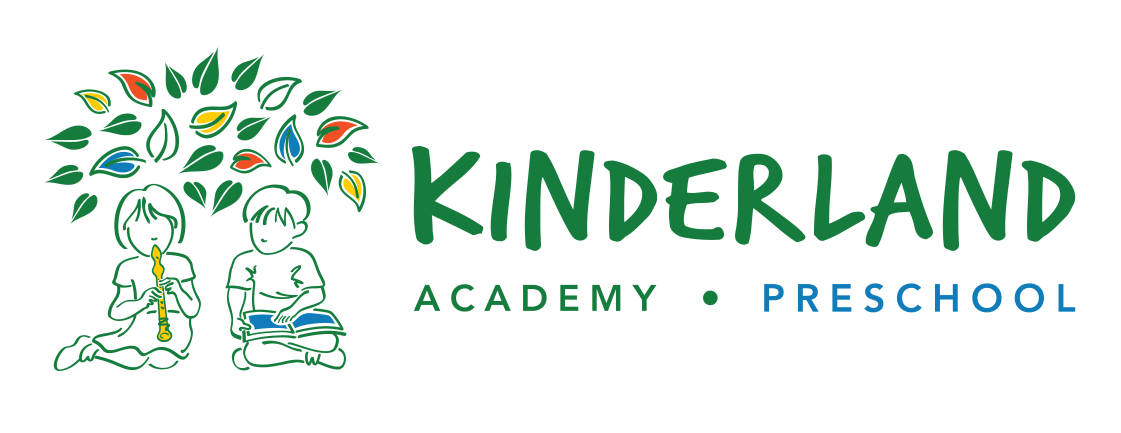Benefits of SLEEP for Infants and Toddlers
Did you know that napping for infants and toddlers supports learning?
According to a research by the University of Arizona, “babies who are able to get a little daytime nap are more likely to exhibit an advanced level of learning known as abstraction” (Gomez, 2010). Napping promotes the ability of infants and toddlers to abstract embedded rules common to learned items, and facilitate the integration of new information into old.

A sleep behavior research of preschool children in Singapore suggests that there is a clear correlation of sleep duration with cognitive functioning, learning and physical growth of children (Aishworiya et al., 2012). The shorter sleep time and later or irregular bedtimes in Singaporean preschoolers have implications on their long-term academic performance and health.
Parents can foster sleeping early and sufficiently, by establishing sleeping rules, limit technology and being a good example (National Sleep Foundation).
So how much should infants and toddlers sleep?
The guidelines recommended by experts from Japan and United States* are:
| Age | Sleep Hours per Night | Daytime Nap Hours |
| 0 – 12 months | 9 to 10 hours | 3 to 7 hours |
| 13 – 24 months | 9 to 10 hours | 2 to 4 hours |
*Source:
- Japan – Dr Akira Maehashi, Professor Waseda University, Japan.
- USA – Dr Timothy Morgenthaler (M.D) Mayo Clinic.
In Kinderland, we understand the importance of daytime naps for our young ones and provide a conducive daytime nap environment, with homey soft-lighting, comfortable sleep cots and soothing classical music playing in the background. Music for babies has been proven to improve their spatial-reasoning and develops strong music-related connections in their brains (Bales, 2014).


